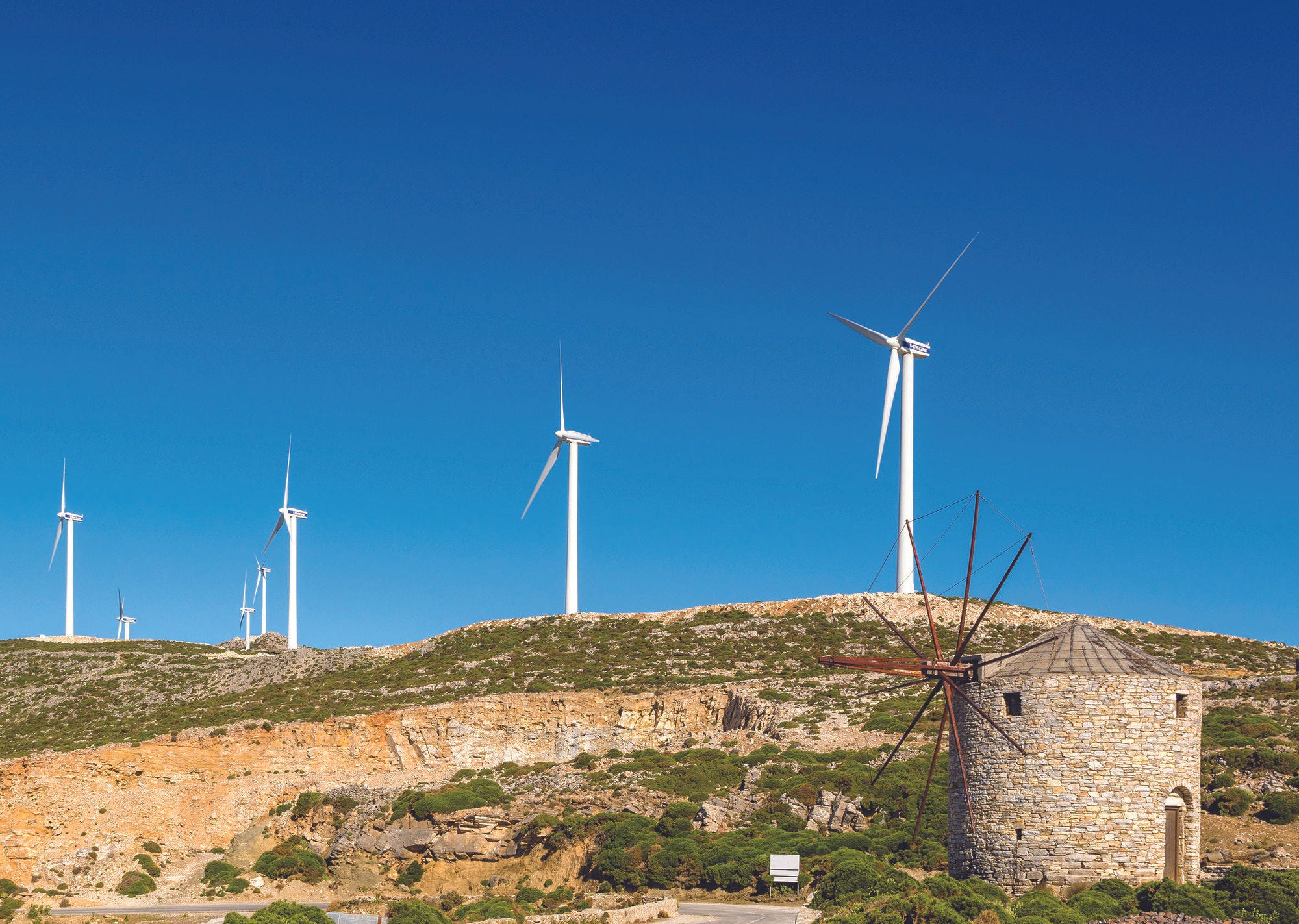Greece’s strong recovery from the COVID crisis, supported by continued reforms, is being slowed by surging energy prices and renewed global uncertainty, despite evolving fiscal support. Fully implementing the ambitious Recovery and Resilience Plan, managing supply and cost pressures while supporting fiscal health, and completing the restoration of banks’ health are key to a sustained recovery.
Greece recovered strongly from the COVID crisis. Government support measures, reviving tourism and other exports, and improving consumer and investor confidence supported a rebound in demand, returning GDP to its pre-COVID crisis level. Continued reforms are improving the business environment, helping to attract rising foreign direct investment. These factors and the end of short-time work schemes contributed to strong jobs growth and reduced the unemployment rate to a 12-year low.
Surging energy prices, supply disruptions and renewed uncertainty, especially since Russia’s war of aggression against Ukraine, is sharply slowing the recovery (Table 1). The war is directly affecting Greece’s energy supply and costs. Its indirect effects are compressing spending and delaying investment and hiring. The government’s accelerating disbursement of its ambitious Recovery and Resilience Plan and expanding fiscal support to energy consumers are buffering these shocks, and will help the recovery resume once the security situation and energy prices stabilise.




